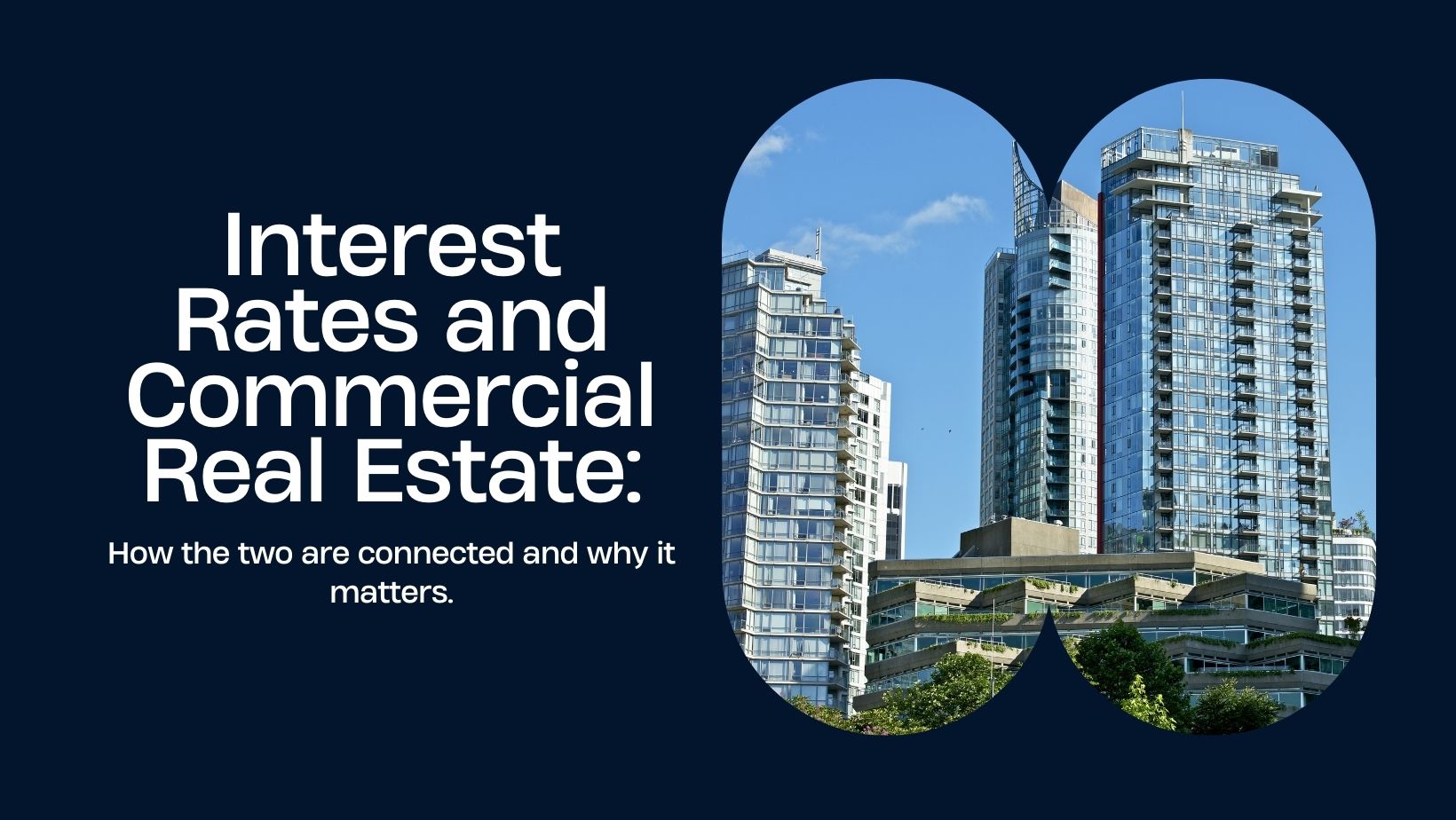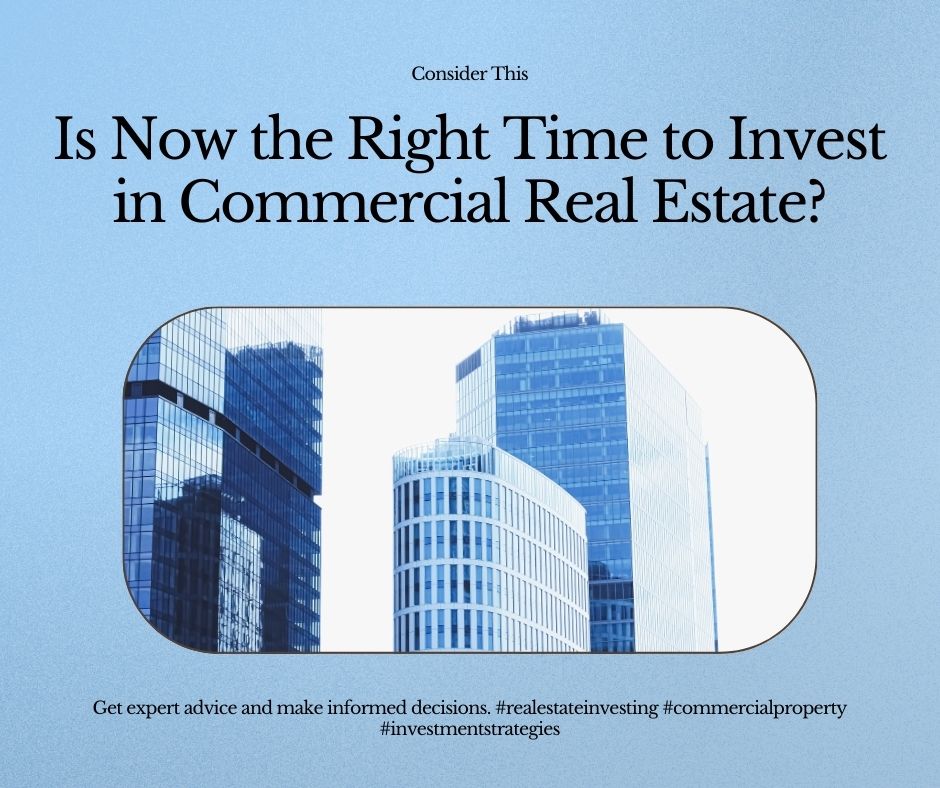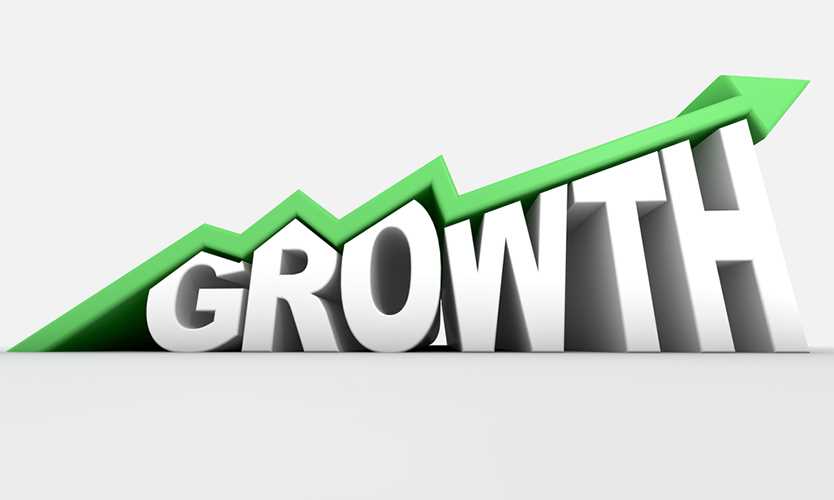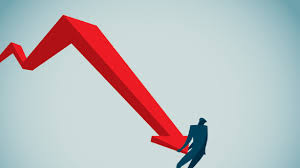In the commercial real estate world, property values are measured by looking at the financial performance of the property. The main factor is the Net Operating Income, or NOI. The NOI is simply NOI = income – expenses. As you can see, the loan expense doesn’t count in this formula. Now, you might wonder why the interest rate even matters if the property value is all about the NOI. Here’s the deal – it’s all about the lending side of things.
Even though the property’s value is based on how much it’s raking in (the NOI), the interest rate is like the gatekeeper. If the income can’t cover the loan payment, it’s a sign that the loan might be too hefty for the property to handle. Lenders usually want to see a Debt Service Coverage Ratio (DSCR) around 1.2, giving a bit of wiggle room between the NOI and what’s owed on the loan (that’s both the principal and the interest).
So, when interest rates bounce around, it messes with the whole financial picture. Higher rates mean steeper loan payments, possibly pushing up that DSCR requirement and throwing property values for a loop. On the flip side, lower interest rates can make properties more doable, creating a friendlier DSCR and giving property values a boost.
In a nutshell, how interest rates play out can seriously shake things up in real estate. It’s like a domino effect – rates shift, loans get trickier or easier to handle, and property values ride that wave. In the last few years we have seen unprecedently low interest rates which pushed property values up. When the Fed’s increased the rate, 2 things happen:
- Properties that were put on the market can’t support the loan payments anymore (DSCR < 1), therefore, the property value came down
- When your loan is due for renewal (normally after 5-7 years), the new loan can’t be secured unless you will reduce the amount so it will match the DSCR requirements by the lenders
To summarize, interest rates have great impact on commercial real estate. When interest rates are high, lenders tend to be more conservatives with their approach, asking for a lover loan to value ratio and higher DCSR, which drives value down. When buying properties while interest rates are high, you should make sure that the loan payments can be covered by the NOI. If the projections are that rates will continue to go up, I would highly recommend that you leave yourself a buffer on top of what the lender is asking for.
Contact me if you would like to learn more about different real estate indicators – info@kerra-investments.com
Eliav Kling.







